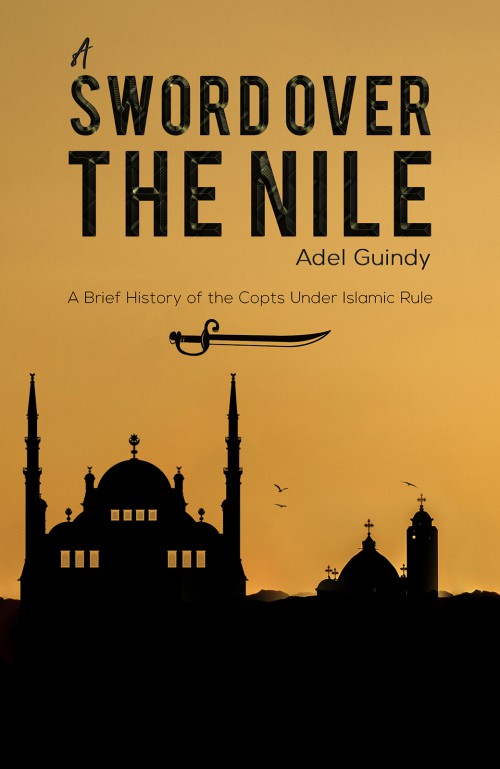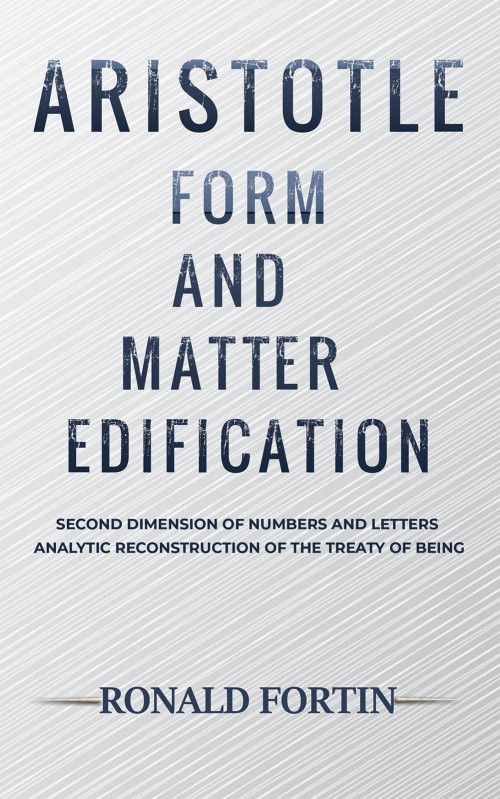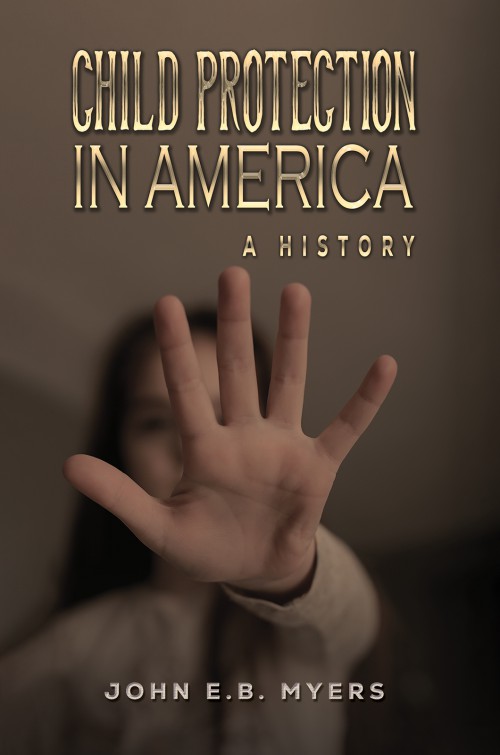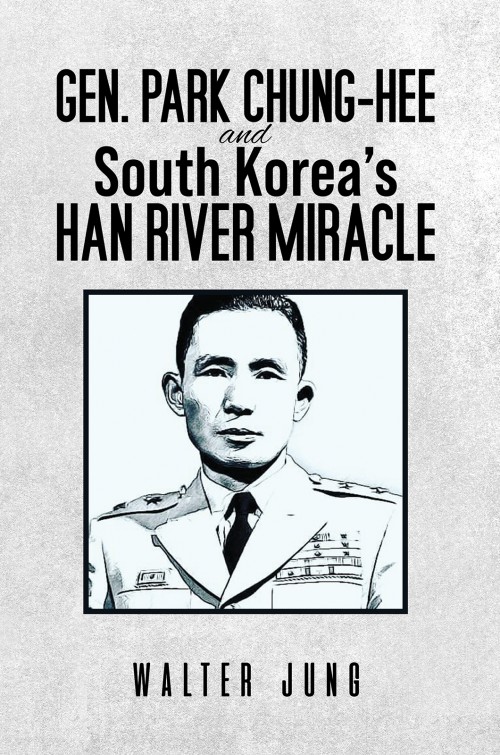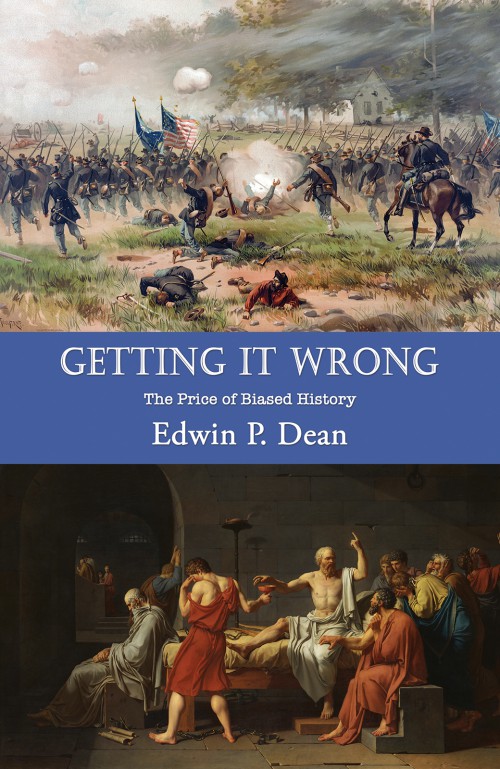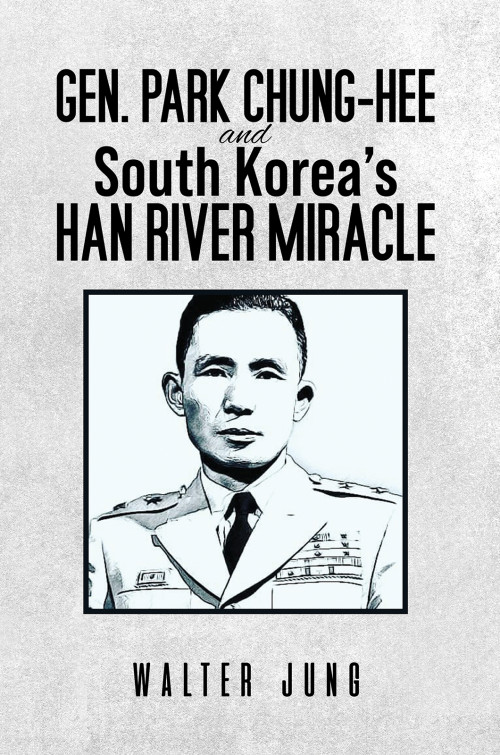-
A Sword Over the Nile: A Brief History of the Copts Under Islamic Rule
“With Egypt’s Copts targeted as part of a bloody and systematic campaign of genocide against the ancient churches of the Middle East, Adel Guindy has produced a timely and authoritative account of their story. It deserves to be widely read.”
- — Professor Lord Alton, Professor of Citizenship at Liverpool John Moores University
$34.95 -
Aristotle: Form and Matter Edification
Aristotle: Form and Matter Edification offers an in-depth exploration of Aristotle’s central metaphysical concepts. This scholarly work meticulously reconstructs Aristotle’s theories, presenting them through the rigorous lens of analytic geometry and metaphysics. Fortin successfully bridges ancient philosophical thought with modern scientific inquiry, making complex ideas accessible and relevant for contemporary scholars.
In this treatise, Fortin delves into the intricate relationship between form and matter, which lies at the heart of Aristotelian ontology. He thoroughly examines Aristotle’s notions of substance, expanse, and quantity, elucidating how these foundational principles underpin existence and change. The text traverses various dimensions of being, from the indivisible unity of numbers to the tangible perceptions of visual and auditory experiences, offering a comprehensive understanding of Aristotle’s enduring impact on both ancient and modern science and philosophy.
Fortin’s focus on the dynamic nature of human intellect underscores the timeless relevance of Aristotelian thought. Aristotle: Form and Matter Edification is an essential read for serious students of philosophy and science, providing a rigorous and thoughtful analysis of Aristotle’s work. This volume not only pays homage to Aristotle’s intellectual legacy but also invites readers to engage with the perennial questions of existence, substance, and the nature of reality.
$27.95 -
Child Protection in America
Child abuse and neglect are tragically common. Each year, more than 1,000 American children die due to maltreatment. Thousands more suffer physical abuse, sexual abuse, and neglect. Across the country, every community has a system of government-operated and funded child protective services (CPS). But given that social workers of CPS have the authority to remove children from unsafe parents, it is no surprise that CPS is controversial. Does CPS protect children? Does CPS do more good than harm? Is CPS fundamentally racist, as some critics argue? Should CPS be abolished? To answer these questions, it is essential to understand the origins of child protection in America. How did we arrive at the child protection system in place today? This book traces the history of child protection from colonial times to the present and provides the most in-depth analysis ever published of the origins of child protection.
$44.95 -
Gen. Park Chung-Hee and South Korea's Han River Miracle
Gen. Park Chung-Hee was born to a poor family in rural Korea when Japan ruled the nation as a colony. After teaching at a rural elementary school for three years, he studied at three different military academies to become an army officer in the liberated Korea. Although he encountered a career-threatening crisis right before the outbreak of the Korean War, he returned to the service and served many key staff positions during the war and important command positions after the war with devoted professionalism. When the nation drifted rudderless in the 1960s, he led the military revolution as the last resort. Hence forth he headed the government that was steadfastly focused on rebuilding the nation. His administration laid the extensive, future-oriented foundation for the nation’s industrial development and advanced defense capability. Gen. Park lived his life aligned with, to the letter, his personal motto: ‘My Whole Life to Fatherland.’
$33.95 -
Getting It Wrong
In Getting It Wrong, Edwin Dean embarks on a compelling exploration into the fading realms of an elite class and its tightly held worldview, juxtaposing it against his own grounded perspective of the world we inhabit. This thought-provoking journey forms the crux of the narrative, unearthing the nuanced layers of understanding that often elude the grasp of conventional thought.Dean’s incisive dissection shines a light on the perilous journey historians embark on in their earnest quest to unravel the intricacies of human narrative. With a candid acknowledgment of the elusive nature of clear answers, Dean lauds the humble scholars who embrace the ambiguity inherent in the pages of history, urging the fraternity to delve into the less apparent yet profound dimensions to better comprehend our existence.While not a historian, Dean’s unquenchable thirst for books has led him through a myriad of intellectual realms, enriched by the inspiring mentors who fueled his enduring quest for knowledge. His insightful critique extends to the polar ends of political ideology, advocating for a more collaborative discourse and a keen ear for the diverse voices that echo through the corridors of debate.At the heart of Getting It Wrong lies a fervent call for a reinvigorated approach to education, recognizing it as the linchpin in our collective journey towards enlightenment. Dean’s narrative invites a discourse enriched by diverse perspectives, welcoming the echoes of disagreement, provided they resonate through calm and constructive channels. Through the lens of candid reflection and earnest discourse, Getting It Wrong challenges us to re-examine the frameworks through which we perceive our shared history and our place within it.
$19.99 -
Gen. Park Chung-Hee and South Korea’s Han River Miracle
Gen. Park Chung-Hee was born to a poor family in rural Korea when Japan ruled the nation as a colony. After teaching at a rural elementary school for three years, he studied at three different military academies to become an army officer in the liberated Korea. Although he encountered a career-threatening crisis right before the outbreak of the Korean War, he returned to the service and served many key staff positions during the war and important command positions after the war with devoted professionalism. When the nation drifted rudderless in the 1960s, he led the military revolution as the last resort. Hence forth he headed the government that was steadfastly focused on rebuilding the nation. His administration laid the extensive, future-oriented foundation for the nation’s industrial development and advanced defense capability. Gen. Park lived his life aligned with, to the letter, his personal motto: ‘My Whole Life to Fatherland.’
$33.95
We use cookies on this site to enhance your user experience and for marketing purposes.
By clicking any link on this page you are giving your consent for us to set cookies

